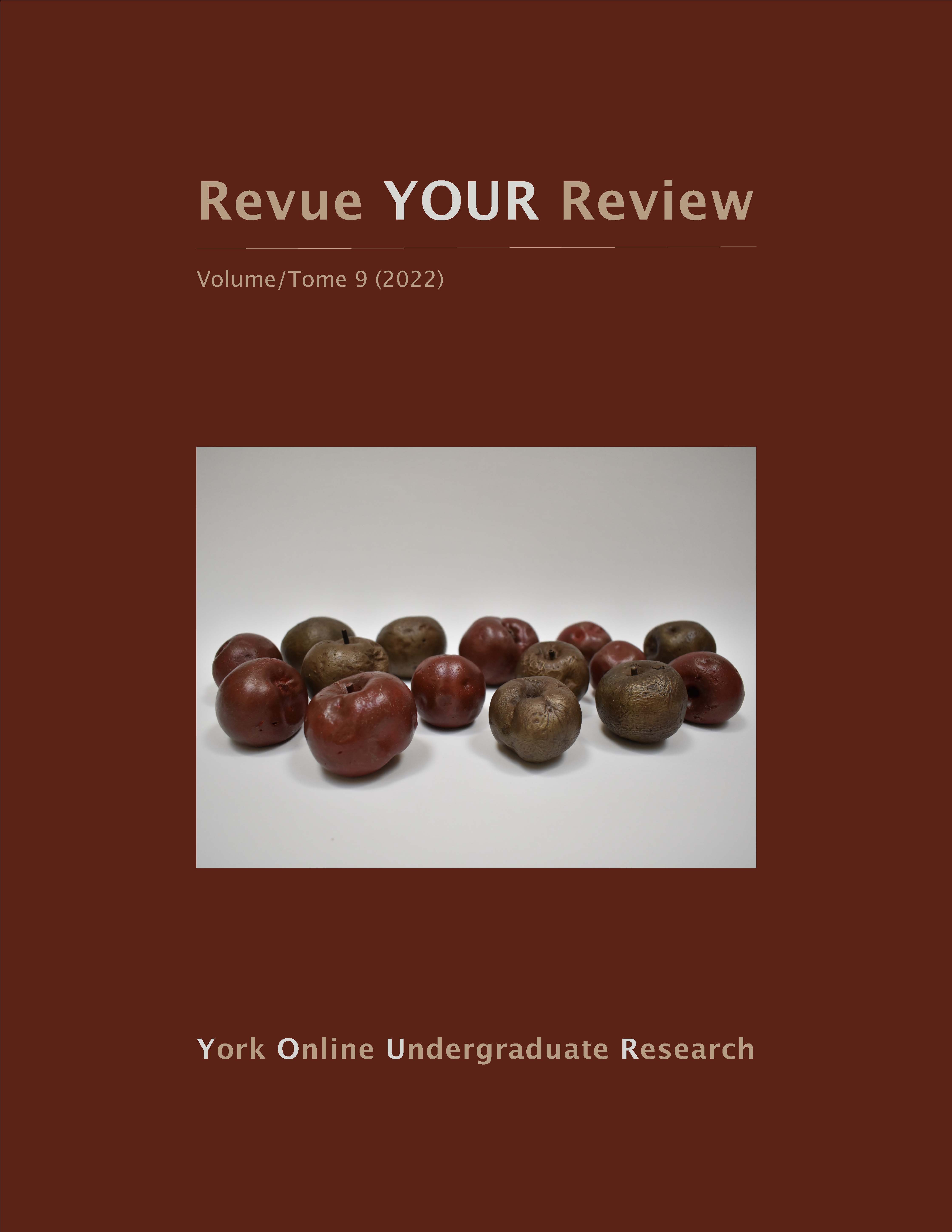Is That a Girl in Your Pocket, or Are You Just Abusive to Robots?
Résumé
The science behind artificially intelligent technologies is developing faster than most would have ever anticipated. These technologies are beginning to span into realms that reach to include what could have once been considered science fiction, and as artificial intelligence systems become more sophisticated, more capable of social interaction, and as common as the smartphones we all keep in our pockets, our interactions with them are extremely significant. Considering that the four most used voice controlled virtual assistants all are female, either in character, or just in tone, it could be suggested then that their usage can perpetuate, normalise, and even fetishize submissive, obedient gender expectations. These oppressive views might become much more commonplace unless actively discouraged, but since AI assistants are developed to encourage user engagement, being unfailingly cheery, funny, and polite, it would mean that confrontational, quashing responses to harassment are avoided - instead opting to side-step, be coy or flirtatious, or feign ignorance. As the usage of virtual assistants continues to rise, a growing concern is that the overwhelmingly common use of a female voice in these subservient, passive roles will reinforce the aforementioned attitudes towards women, compromising our progress to equal treatment. To combat the detrimental social effects caused by female gendered AI assistants, we should make AI assistants androgynous or gender neutral. Research shows that people have an innate preference for human voices, particularly feminine ones, but that enthusiastic engagement can still be nurtured through cooperation even if the voice is eerily not-quite-female or not-quite-male.
Téléchargements
Publié-e
Comment citer
Numéro
Rubrique
Licence

Cette œuvre est sous licence Creative Commons Attribution - Pas de Modification 4.0 International.
Les auteurs qui contribuent à la Revue YOUR Review acceptent de publier leurs articles selon une des trois catégories de la licence 4.0 : Creative Commons Attribution 4.0 International; Creative Commons Attribution-Pas d'Utilisation Commerciale 4.0 International; ou Creative Commons Attribution-Pas de Modification 4.0 International. Tout contenu éditorial de ce site ainsi que les affiches et les résumés sont sous la licence Creative Commons Attribution-Pas de Modification 4.0 International. Pour plus d’informations, veuillez voir :
https://creativecommons.org/licenses/
Dans tous les cas, les auteurs conservent leurs droits d’auteurs et concèdent à la Revue YOUR Review le droit de première publication. Les auteurs peuvent, par la suite, conclure d’autres accords de distribution non exclusifs de la version publiée dans ce périodique (par exemple, l’afficher à un dépôt institutionnel ou le publier dans un livre ou dans un autre périodique) à condition que la reconnaissance fasse mention de la publication originale dans la Revue YOUR Review.


